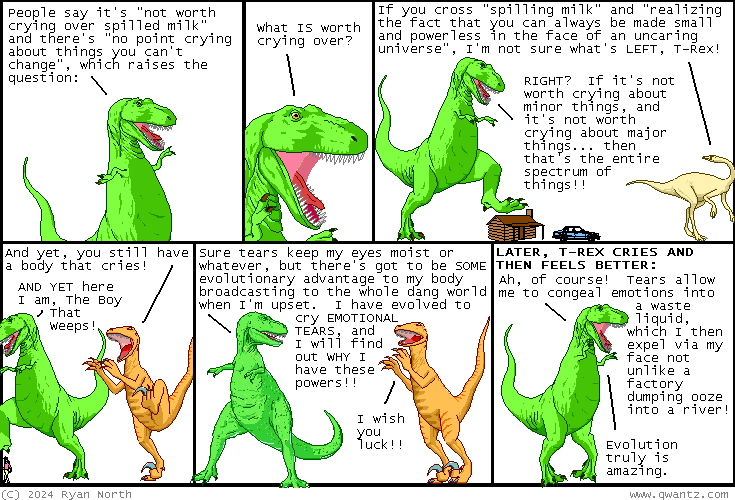In Liverpool last October, the Labour Leader’s Office issued an edict saying that no one at conference could say anything on Palestine other than to echo Keir Starmer’s words condemning Hamas and proclaiming Israel’s right to self-defence. Reading the script provided by Israeli embassies around the world, the UK, US and many other Western governments […]
Reading
With recent polls giving Donald Trump a reasonable chance of defeating President Biden in the November elections, commentators have begun predicting what his second presidency might mean for domestic politics. In a dismally detailed Washington Post analysis, historian Robert Kagan argued that a second Trump term would feature his “deep thirst for vengeance” against what the ex-president has called the “radical Left thugs that live like vermin within the confines of our Country,” thereby launching what Kagan calls “a regime of political persecution” leading to “an irreversible descent into dictatorship.” So far, however, Trump and the media that follow his every word have been largely silent about what his reelection would mean for U.S. foreign policy. Citing his recent promise... Read more
Source: Trump the Terminator? appeared first on TomDispatch.com.
But there are moments when you realize it is setting:
The Houthis have now banned US and UK ships from transiting the Red Sea.
"Previously, we focused only on maritime shipping associated with Israel. Today, US and British ships will no longer dare to cross the Red Sea – Yemen Council member Muhammad Al-Buhaiti pic.twitter.com/pSpRLP3okP
— LogKa (@LogKa11) January 14, 2024
The people of the mountain have checkmated the people of the sea. As commenter VietnamVet wrote:



